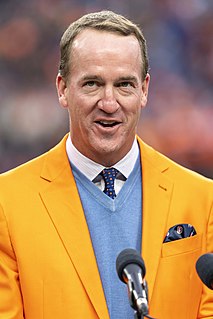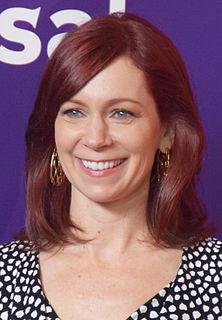A Quote by Chiwetel Ejiofor
When you're no longer seeing yourself, in some ways. You're as close to being as you can be.I suppose that's consistent with the moment that the mind actually turns off, and is no longer questioning what you're doing. When the questions stop, that's when the real acting takes over. And trying to get to the point where the questions stop, "Would I do this? How do I feel about that as a character?" When those stop, and it's just doing X, Y, and zed, because that's what you'd do as this character, because you're inside this character somehow - that's when it really kicks off.
Related Quotes
Wish you could turn off the questions, turn off the voices, turn off all sound. Yearn to close out the ugliness, close out the filthiness, close out all light. Long to cast away yesterday, cast away memory, cast away all jeapordy. Pray you could somehow stop uncertainty, somehow stop the loathing, somehow stop the pain. Act on your impulse, swallow the bottle, cut a little deeper, put the gun to your chest.
When you are writing, you have to love all your characters. If you're writing something from a minor character's point of view, you really need to stop and say the purpose of this character isn't to be somebody's sidekick or to come in and put the horse in the stable. The purpose of this character is you're getting a little window into that character's life and that character's day. You have to write them as if they're not a minor character, because they do have their own things going on.
You have a certain objectivity, as a member of the audience, and you can come away maybe being provoked into a certain discourse or a certain arena of questioning, regarding how you would deal with things that your character has to deal with. Whereas when you're doing a film, once you start asking, "What would I do?," you're getting the distance greater between yourself and the character, or you're bringing the character to you, which I think is self-serving, in the wrong way. The idea is to bring yourself to the character.
I believe ability can get you to the top,” says coach John Wooden, “but it takes character to keep you there.… It’s so easy to … begin thinking you can just ‘turn it on’ automatically, without proper preparation. It takes real character to keep working as hard or even harder once you’re there. When you read about an athlete or team that wins over and over and over, remind yourself, ‘More than ability, they have character.'
We are a feelingless people. If we could really feel, the pain would be so great that we would stop all the suffering. If we could feel that one person every six seconds dies of starvation ... we would stop it. ... If we could really feel it in the bowels, the groin, in the throat, in the breast, we would go into the streets and stop the war, stop slavery, stop the prisons, stop the killing, stop destruction.
When I start a movie, I already feel like I'm in it. I'm not a jobbing actor anymore; most of the films I do, I'm involved with development. Some, I've taken from scratch, and worked so heavily on the script, I'm embodying a lot of the character by the time I even get close to filming, because I've asked so many of the questions that I do. There is nothing better than being able to ask all the questions, do all the work. It's when you let it go that you fly.
Yes, I am one of those people who feels that most of my work is adaptation of one sort or another. For me, it's a way to jump-start the engine. For example, some people use the technique of basing a character on a friend. They start writing with his or her voice, then at a certain point, the character takes off on his or her own. It probably no longer resembles the model, but it helped the author to get going. I find that's true of form, too. For every play I've written, I know what play I was trying to imitate. That helps me get going.
The people are doing everything they can to stop Democrats! The problem is, the media is running the opposition, not the Democrats. You want to stop this? Stop the media. How do you stop the media? Turn 'em off, don't believe 'em, don't let 'em affect what you think and do. Beyond that, get creative.



































